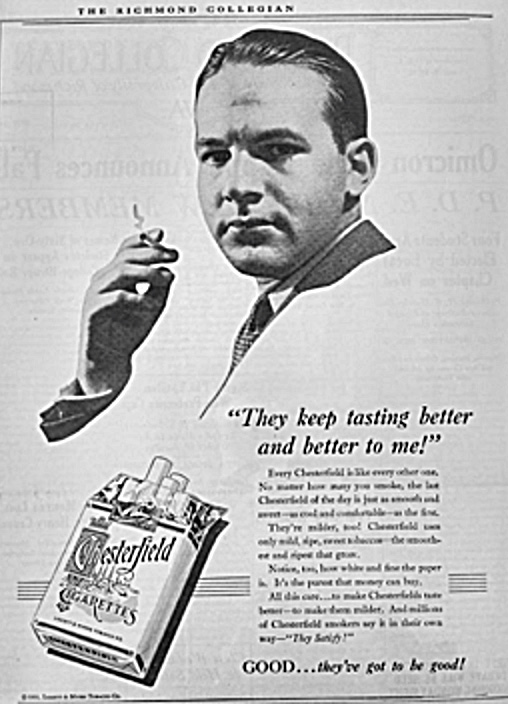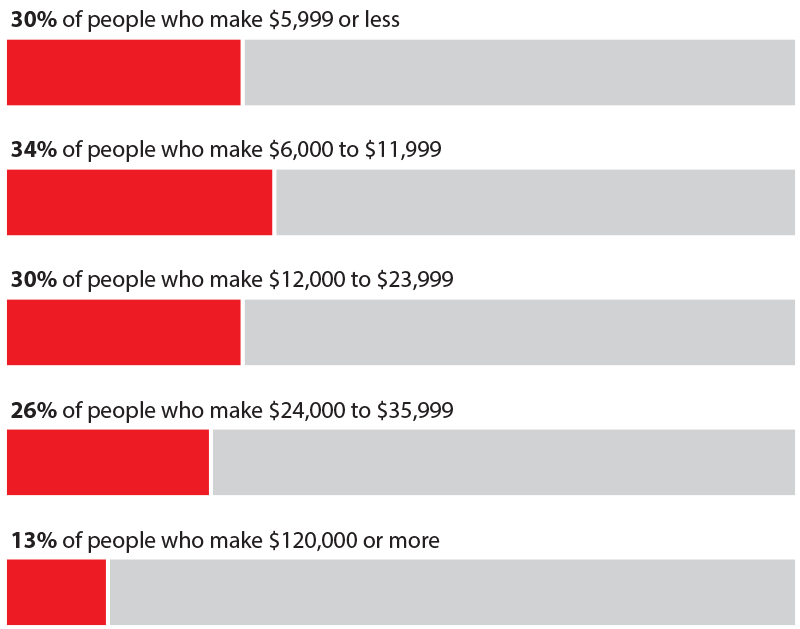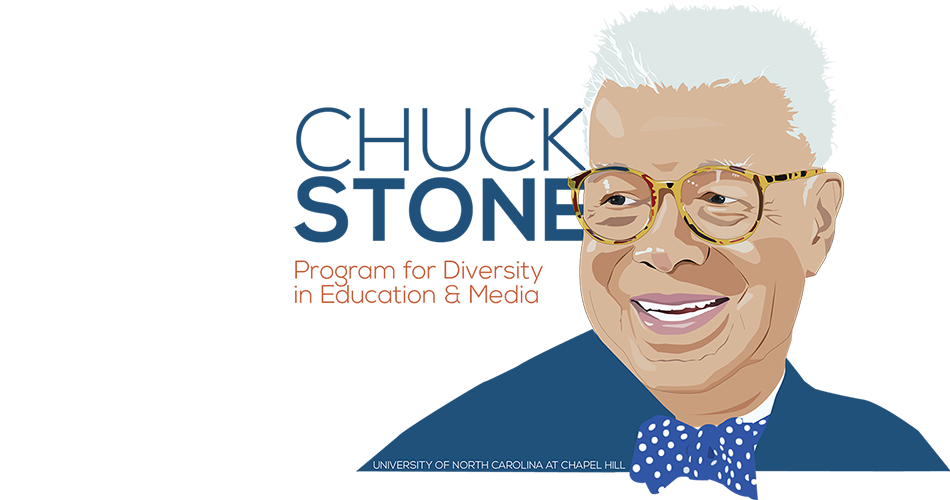Tobacco – a major problem for minority youth
OPINION
By Victoria McCoy
 “They keep tasting better and better to me,” said an advertisement, which was published in 1931. In that piece, cigarettes were depicted as a luxury for a white male.
“They keep tasting better and better to me,” said an advertisement, which was published in 1931. In that piece, cigarettes were depicted as a luxury for a white male.
While smoking was once an extravagance for the wealthy, it is now a burden for millions of people, especially low-income minorities, who cannot afford the cost of cigarettes or the resulting health effects.
 Not only has cigarette usage become a difficulty for low-income minority adults, but it is becoming a dilemma among youth in their communities. According to a U.S Food and Drug Administration report called The Fresh Campaign, an estimated 5 million youth, from multicultural backgrounds, are open to smoking or already using cigarettes.
Not only has cigarette usage become a difficulty for low-income minority adults, but it is becoming a dilemma among youth in their communities. According to a U.S Food and Drug Administration report called The Fresh Campaign, an estimated 5 million youth, from multicultural backgrounds, are open to smoking or already using cigarettes.
Recognizing a new market, tobacco companies began to advertise more towards minorities. According to a report by CBS News on big tobacco companies targeting blacks, cigarette companies began to advertise towards African Americans during the mid 1970s. Instead of white males and females in their posters, the posters began to change.
In fact, tobacco company owners released statements on how they felt about minority smoking. The Campaign ‘Tobacco Free Kids’ released quotes from tobacco executives on how they felt about their products.
R.J Reynolds, a tobacco company executive, once said, “We reserve the right to smoke for the young, poor, black and stupid.” Not only do comments such as this show tobacco executives lack of empathy for minority and youth smokers, but it also indicates that they simply care about one thing: the money. The tobacco industry earned $8.49 billion in 2014 while a majority of tobacco smokers made less than $24,000 that year, according to a poll by Gallup Poll that was published by the Washington Post.
As American citizens we must stop this continuous advertising profiling of cigarettes toward youth and particularly minority youth. Not only do we need to advocate for more programs in schools to prevent smoking, but we must also elect legislators who will fight against big tobacco.
